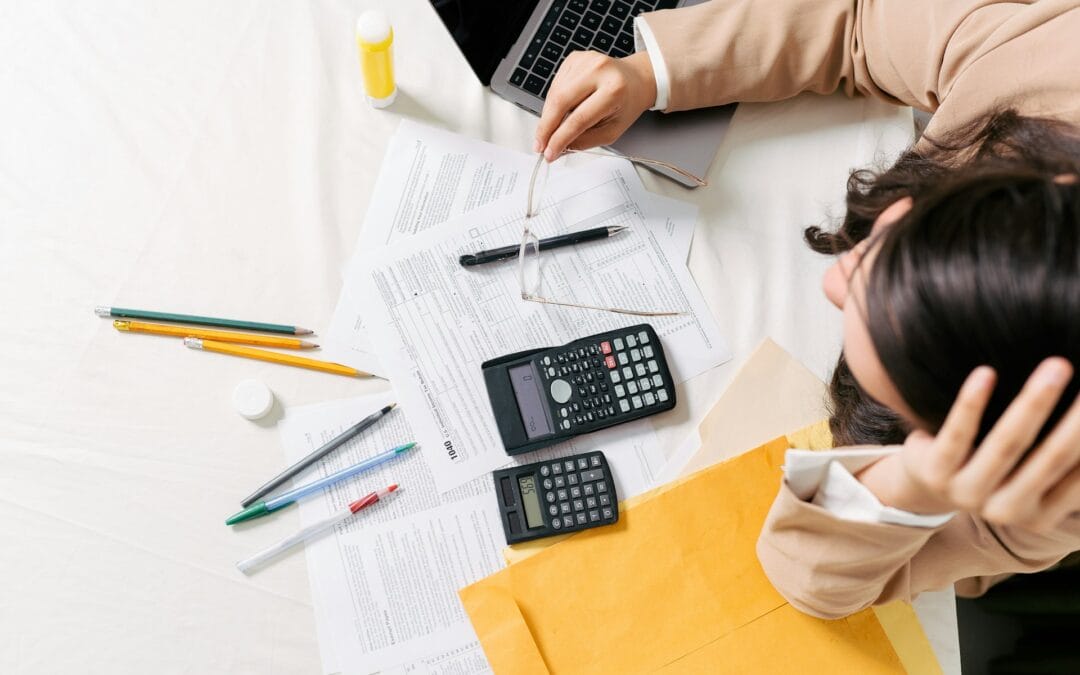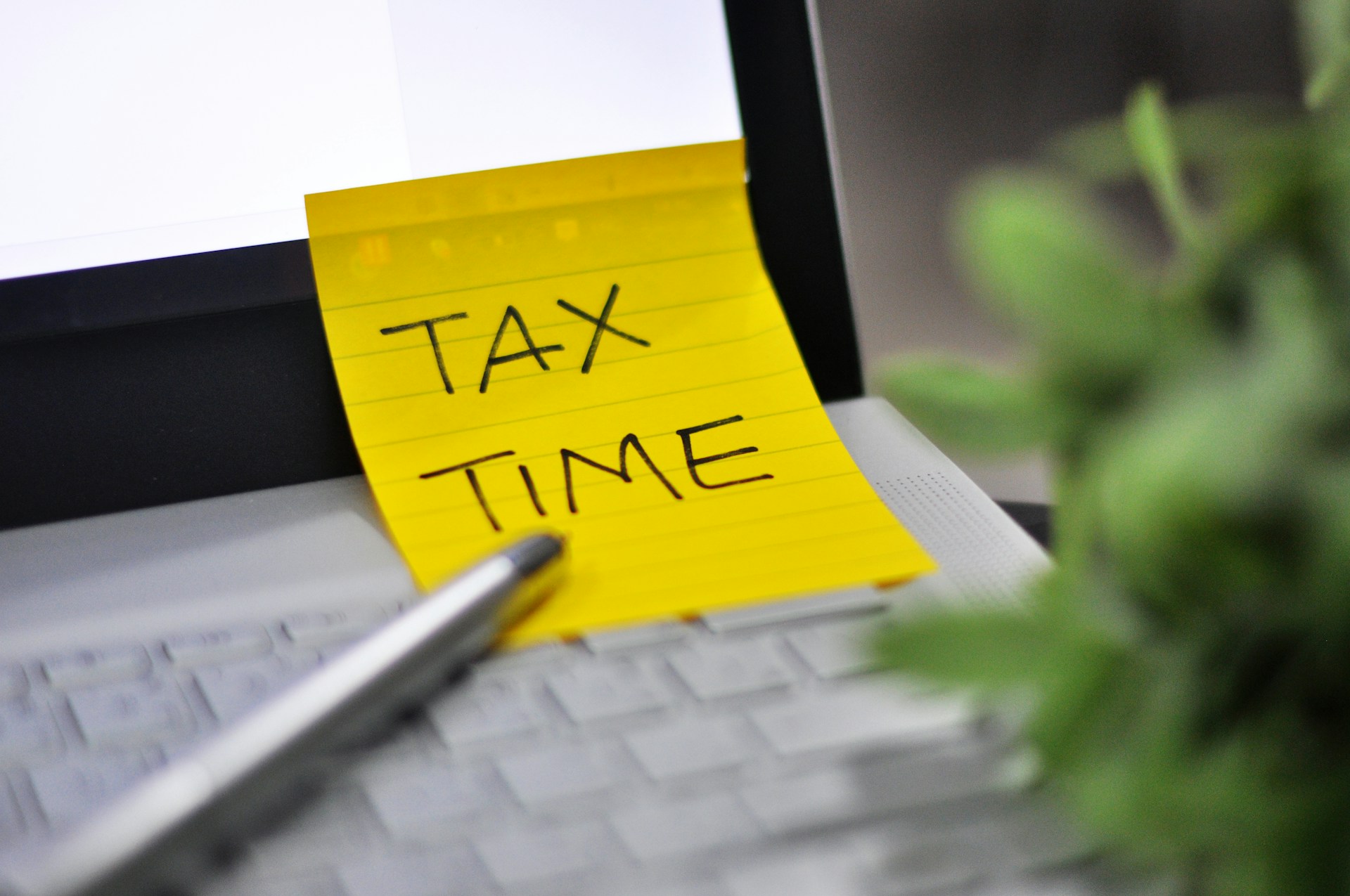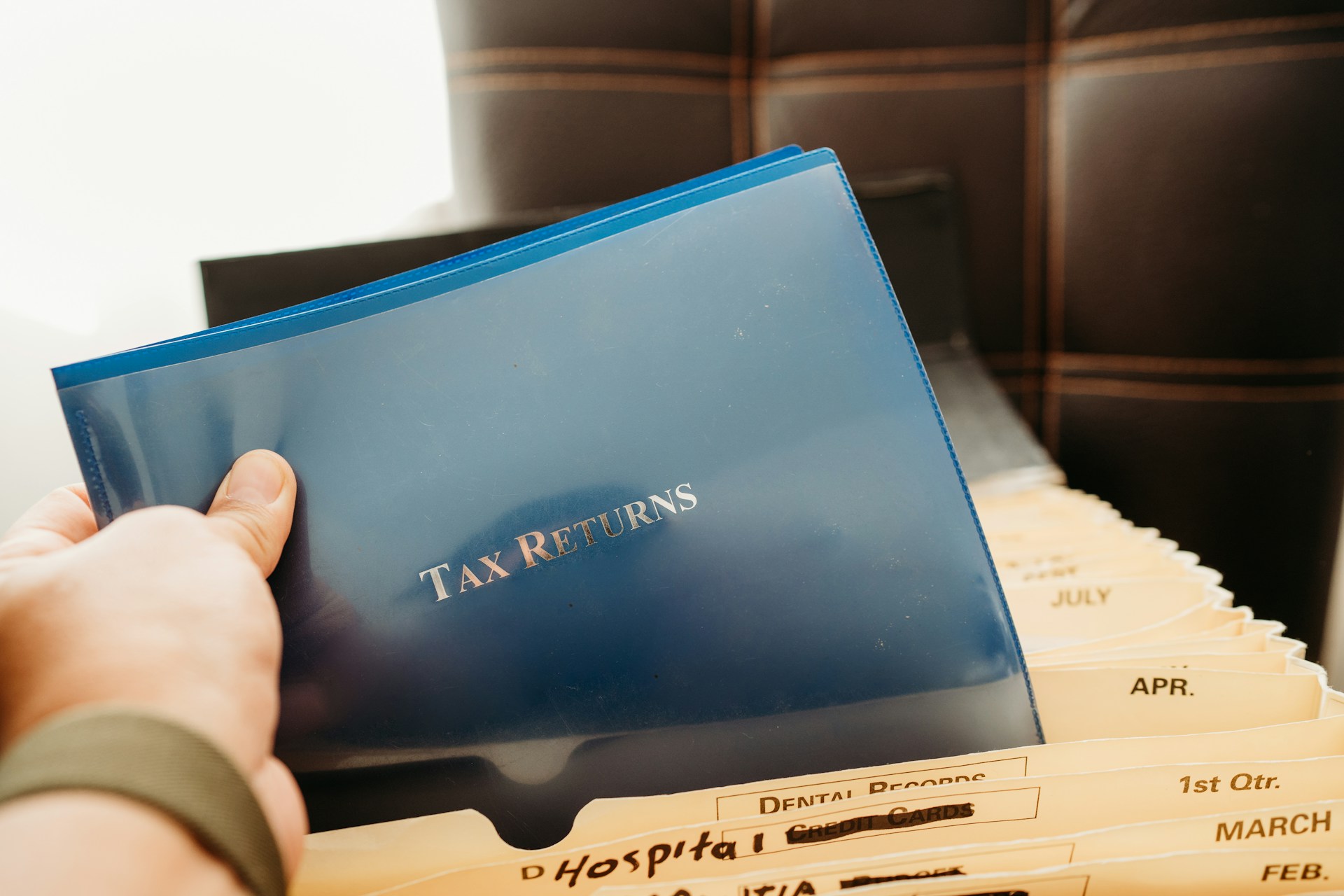Preparing for your first meeting with a tax preparer can feel a bit overwhelming, especially when you’re unsure of what to take with you. Having the right documents on hand can help make the process smoother and less stressful. This first encounter sets the tone for a successful tax preparation journey, whether you’re new to filing taxes or just new to working with a professional. It’s essential to know what important documents you’ll need, so you don’t face hiccups along the way.
Imagine walking into your tax preparer’s office without a crucial document—your time and efficiency take a hit. Proper preparation helps avoid such situations. By gathering and organizing your paperwork in advance, you not only demonstrate your readiness but also help your tax preparer understand and manage your tax situation more effectively. Let’s explore exactly what you should bring to ensure you’re set for success.
Personal Information to Bring
When meeting with a tax preparer, your personal identification documents are the first things to consider. These vital documents help confirm your identity, so make sure you have them ready. Here’s a list of what you should pack for that meeting:
– Government-issued photo ID: This could be a driver’s license or a passport, ensuring the tax preparer can verify who you are.
– Social Security cards for you, your spouse, and any dependents. This information is needed for accurate filing and claiming dependents.
– Birthdates for everyone included in your tax return.
Your tax preparer will use these documents not just to verify your identity but also to ensure that your tax return includes correct personal information. This step is crucial for avoiding mistakes that can lead to delays or potential issues with the IRS. Taking the time to locate and organize these details upfront positions you to achieve a seamless and efficient tax preparation process.
By having your personal information neatly organized, you’re setting the foundation for a productive meeting with your tax preparer. It’s like having all the right ingredients laid out before cooking; it ensures nothing is missing when you start preparing your taxes. Knowing you have all necessary items at hand really reduces stress and makes the entire experience more comfortable.
Income Verification Documents
Now that we’ve covered personal information, let’s focus on income verification. Bringing the right income documents is key to ensuring your tax returns are accurate. These papers tell the story of your earnings over the past year. Here’s a helpful list of what you should gather:
– W-2 Forms: These are provided by your employer and detail your annual wages and the taxes withheld.
– 1099 Forms: If you’re self-employed or have other income like freelance work, you’ll likely receive a 1099 for various types of earnings.
– Investment Income Statements: Documents such as interest and dividend reports from banks and financial institutions come in handy.
– Rental Property Income: If you own rental properties, prepare statements or records of the total rent received.
Making sure you have these documents ready helps your tax preparer see the full picture of your income. It also saves time and stress that might arise from last-minute scrambles for missing information. Always double-check that you have all possible sources covered—this prevents any chance of missing out on important deductions or credits.
Deduction and Credit Information
Your next step is gathering documents for potential deductions and credits. These can substantially impact your owed or refunded amount. Having these items at your fingertips allows your tax preparer to maximize your return. Keep an eye out for:
– Receipts and Expense Reports: Collect receipts for deductible expenses. This includes items like charitable donations, medical expenses, and any unreimbursed work expenses.
– Education Costs: If you or a family member pursued higher education, tuition statements (1098-T) can help you claim education credits.
– Home Tax Records: Bring documents related to real estate, like property taxes, mortgage interest (Form 1098), and any energy-efficient home improvement receipts.
By organizing these papers, you ensure your tax preparer can apply every possible deduction and credit, which can reduce the amount you owe or increase your refund. Being proactive here makes sure you’re not leaving money on the table.
Previous Year’s Tax Returns
You might wonder why last year’s tax return is needed for this year’s meeting. It’s a useful reference that shows your past deductions, credits, and income sources. Your tax preparer uses it to ensure consistency, identify any changes, and handle any carryover aspects like capital losses. It’s like having a roadmap of where you’ve been to guide where you’re going.
By presenting last year’s return, you give your tax preparer a solid foundation. This document is invaluable for comparing details and ensuring everything aligns correctly, preventing discrepancies in your filing.
Being Prepared for Tax Season
The right preparation sets the path for a stress-free tax season. Bringing the necessary documents is the first step toward a smooth meeting. Tidy up your records beforehand, and you’ll make life easier for yourself and your tax preparer. This organized effort helps create an efficient process where nothing important is overlooked.
When you walk into your tax preparer’s office with everything ready, you’re more than just prepared—you’re set to maximize your tax benefits. Taking the time to organize pays off in clearer returns and potentially bigger refunds. It’s all about turning what could be a daunting task into a manageable process, ensuring you leave that meeting with confidence and peace of mind.
Wrap up your tax preparation by setting yourself up for success. If you’re in Elizabethtown, North Carolina, and looking for expert help, our experienced personal tax preparers at Speedy Tax Preparation & Bookkeeping Service are ready to assist. Let us simplify the process for you and make sure your taxes are handled with care and attention to detail.







